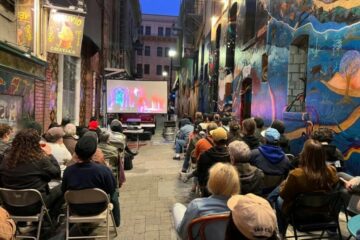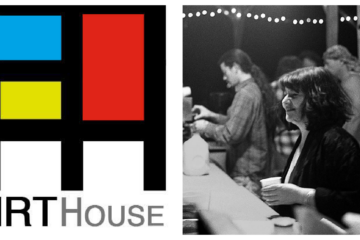Want to Create Real Change in SF? Join the Civil Grand Jury

image from images free
If any readers out there are looking around at San Francisco and feeling frustrated, outraged, and/or ready for some action, I have a potent suggestion to offer you: sign up for a year on the Civil Grand Jury.
The Civil Grand Jury is a watchdog agency that investigates goings on in the city and county of San Francisco, as well as all other counties in the state. Nineteen people are selected every year in each county, and they form committees to look into any parts of government they choose.
All city government agencies have to talk to you and provide you with requested documents, if you’re on the jury. At the end of the year, each committee issues a report containing findings and recommendations, and every agency tagged has to respond. Sometimes, the city actually listens to the case presented and acts on recommendations.
A few years ago, I started writing for this site about the city’s housing crisis. An Art Commission study showed that in recent years, 70% of the city’s artists had been forced out, and even more lost their places from the ‘90s on. I wanted to know why we weren’t building more affordable housing in the city, so we could keep them.
I found out that the city doesn’t really build housing, but relies on developers to do it, and for most developers, affordable housing doesn’t “pencil.” (Translation: doesn’t make enough money.) Also, it was clear that building new things usually meant tearing other things down first, increasing displacement.
While thinking about alternatives to the existing housing paradigm, I wrote about the reasons we should have more Accessory Dwelling Units —granny flats, in-law apartments—which were completely illegal until 2014. They’re a great way to add density without changing neighborhood character, and they’re what are called “naturally affordable.” (Translation: they’re usually small.)

An ADU in San Francisco (image from SF Business Times).
The city’s program for making this possible got off to a slow start, and I wanted to know why it wasn’t more popular. So I signed up for the Civil Grand Jury, and I was one of the 19 people chosen.
We formed a committee to investigate this and another housing alternative, modular housing. After a few months of initial planning, we started a series of interviews with city officials, think tanks, building industry representatives, and housing organizations. We learned a lot. Then we started writing.
We discovered that two things kept people from building ADUs, the length of the permit process and the fees involved. We found that it took too long to get permits—often years—because the application went from one of the offices that needed to approve plans to the next, often with a long stretch of time in between. We also learned, among other things, that every city that greatly reduced or eliminated the fees installing ADUs had an instant increase in applications.
In our report recommendations, we suggested that the city could expedite the permit process by gathering people from each agency to review permit applications together. We advocated for reducing or eliminating fees, and several other things, including a city factory for modular construction. Then we waited to see what would happen.
Amazingly, the city heard us, and agencies worked together to streamline the permit application process. In a letter from the mayor, we heard how successful our report really was. The backlog of over 900 permit applications had been cleared, the application process was reduced to 4 months, and the mayor supported eliminating fees. With those changes, the number of applications soared to as many as the last three years combined. The mayor also announced they’d be opening a union-run factory for modular units.
It’s hard to convey how vindicating that was for the people who had invested a year of effort in the process. We saved people some money, which increased interest in doing it, and actually changed the way government agencies work. We significantly increased the amount of affordable, rent-controlled housing that would be available as building progressed. The modular factory will provide more jobs for skilled workers. All of this was very, very good.
If you have issues with city policies, and you’re willing to spend some time doing something about it, few things are more effective than volunteering for the Civil Grand Jury. The pay is negligible, $15 a day for your trouble, whether you do one brief thing that day or half a dozen lengthy ones. As is the case all too often, no one gets paid for the hours of writing.
This isn’t about money, obviously. It’s about solving problems and making this city a better place to live. You’ll be working with a random assortment of fellow citizens, and you might not agree with all of them. As you near the completion of report writing, it may get pretty wearisome, but the fatigue disappears very quickly when the results are stellar.
The idea of citizen watchdog agencies was introduced in the Magna Carta. They offer a powerful chance for ordinary citizens to impact how the city operates. Do it, especially if you’re a research nerd. They’re taking applications right now for 2019-2020.









